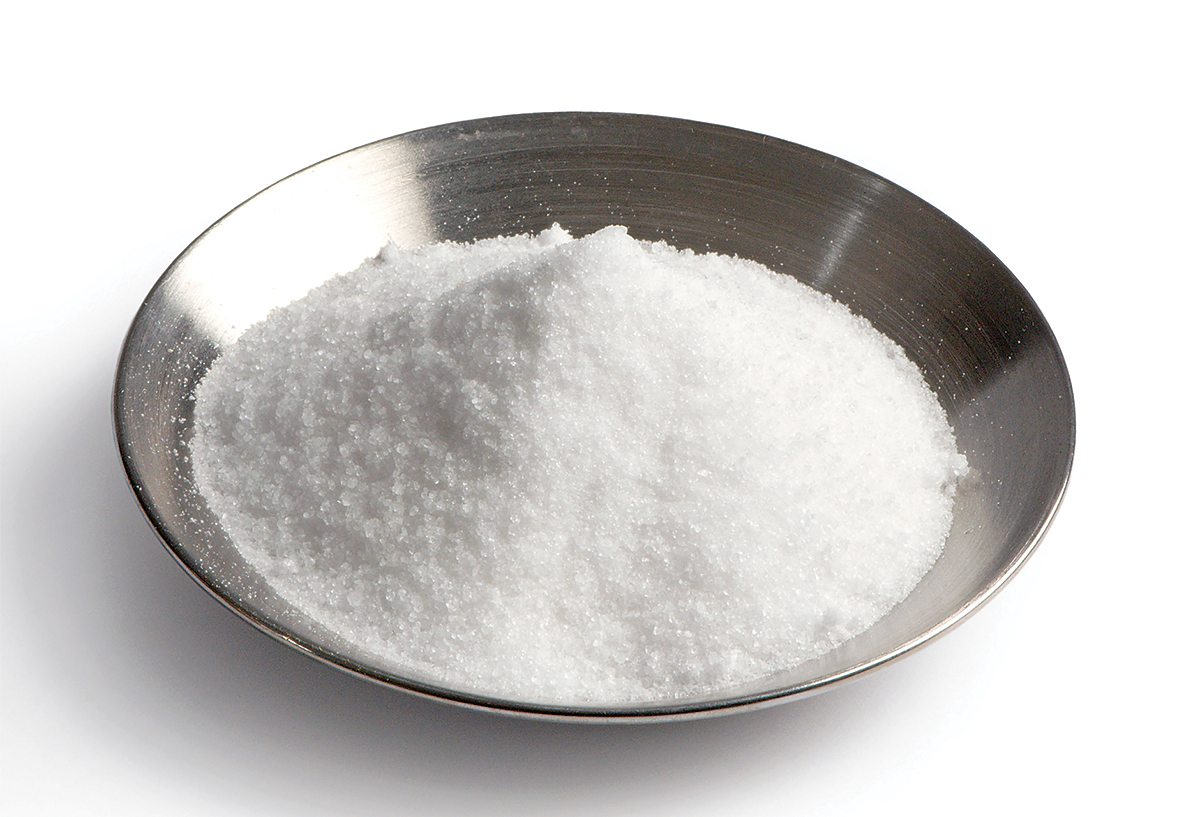Salt has been used for thousands of years as currency, a food preservative and a religious offering. We sprinkle it on icy roads and bland foods and wonder: is there anything salt can't do? Well, there's yet another reason why salt is amazing.
Hyo-Jick Choi, a professor in the Department of Chemical and Materials Engineering, developed a way to treat common surgical masks with salt so they can trap and kill airborne viruses.
When we sneeze, airborne pathogens travel fast and far. And while surgical masks trap the spray of virus-laden droplets, they don't kill the virus. Just removing the mask and touching the droplets can spread the infection. Viruses trapped in respirators pose the same risks. So, while a surgical-style mask protects from infectious droplets, it doesn't help prevent the spread of respiratory diseases such as severe acute respiratory syndrome or influenza, says Choi.
Masks that could kill viruses would save lives, especially in an epidemic or pandemic. Choi and his team explored ways to improve the filter on these inexpensive masks. They developed a salt mixture that, when applied to the mask, would "deactivate" the influenza virus. When an aerosol droplet carrying an influenza virus contacts the treated filter, the droplet absorbs the salt. The virus is then exposed to increasing concentrations of salt and, as the salt evaporates, the crystals' sharp edges destroy the virus.
Choi sees few roadblocks to implementation and has a provisional patent for the development of virus deactivation systems. His research results appear in the journal Scientific Reports.
-with files from Richard Cairney

We at New Trail welcome your comments. Robust debate and criticism are encouraged, provided it is respectful. We reserve the right to reject comments, images or links that attack ethnicity, nationality, religion, gender or sexual orientation; that include offensive language, threats, spam; are fraudulent or defamatory; infringe on copyright or trademarks; and that just generally aren’t very nice. Discussion is monitored and violation of these guidelines will result in comments being disabled.